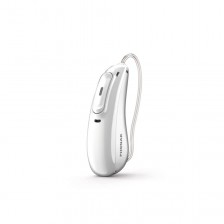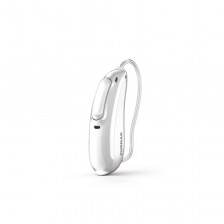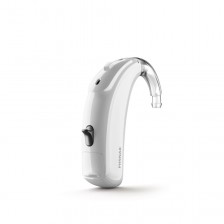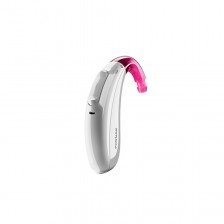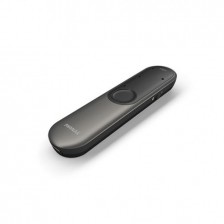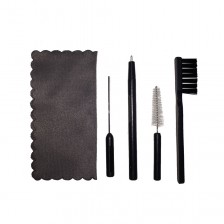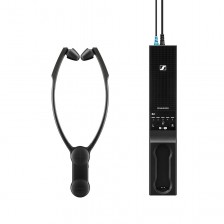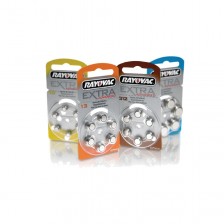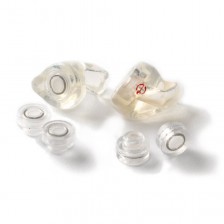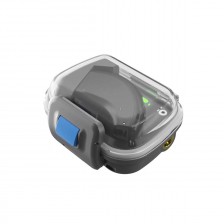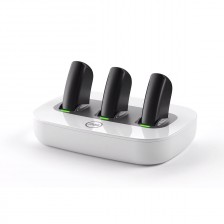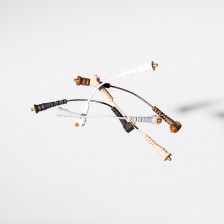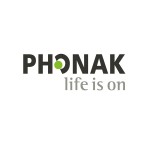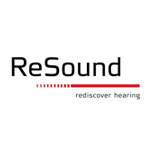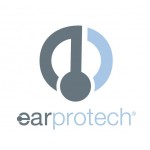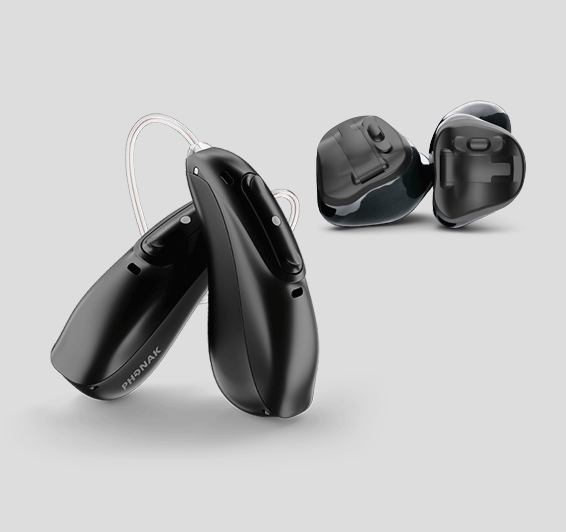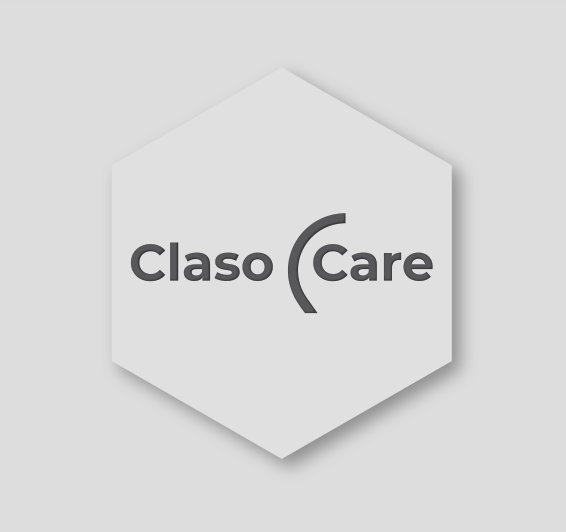What is cofosis? How to treat it?

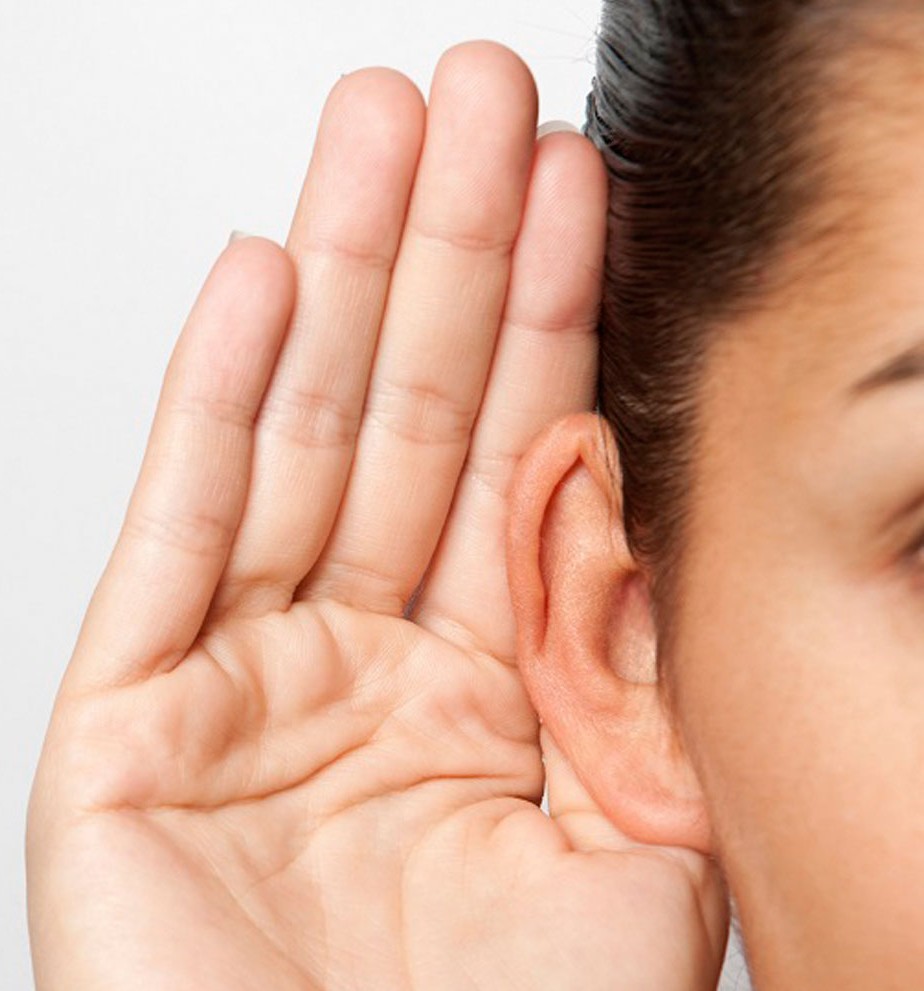
Cophosis, also known as anacusis, is the total loss of hearing in one or both ears. It can be treated through the use of hearing aids or through a cochlear implant.
Cophosis or anacusis is an ear disease that causes total hearing loss. Its causes can be diverse; congenital, that is, they occur at birth or shortly after; genetic, malformations in the ear canal, problems during pregnancy and childbirth; hereditary by similar cases in the family; or as a consequence of other disorders, such as complications in Ménière's syndrome, chronic infections, continued exposure to loud noises or obstructions in the ear.
Cophosis is diagnosed when hearing loss is greater than 120 dB, in contrast to hipoacusia hearing loss diagnosed in losses of up to 70 dB. It can appear in one or both ears, then known as unilateral cofosis or bilateral cofosis, respectively.
How to treat cofosis in adults
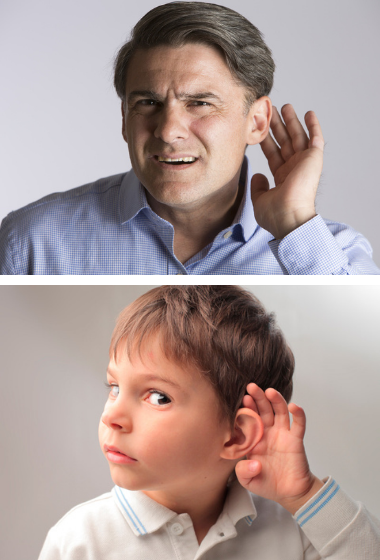
Depending on its causes and whether it is a unilateral or bilateral cofosis, it will be recommended to treat it, either by incorporating hearing aids, or by means of a cochlear implant.
Treatment through the use of hearing aids will be the best option in the event that the loss only occurs in one of the two ears, the user is an adult and already has acquired communication skills or the cofosis is reversible. For example, in cases where it is associated with injuries to the ear canal.
To diagnose the type of cofosis and, thus, choose the best treatment in each case, it will be necessary to perform a complete audiometry.
Anacusis in children
On the contrary, in the event that the cofosis or anacusis is congenital and occurs in children, the best solution will be the cochlear implant, since this way, the pathology will not interfere with the development of language.
Children with a family history of deafness, problems during pregnancy or during childbirth that may cause said pathology, will be incorporated into programs for the early detection of deafness. In this way, problems during oral language development will be avoided.
This treatment must be implanted before the age of 2 years, since it is in this period when the baby's neuronal plasticity is ideal for the auditory stimulation in the brain to achieve the expected results. According to the INE (National Institute of Statistics), 5 out of every 1000 children born in Spain do so with a hearing problem, and 1 in every 1000 with profound deafness.
